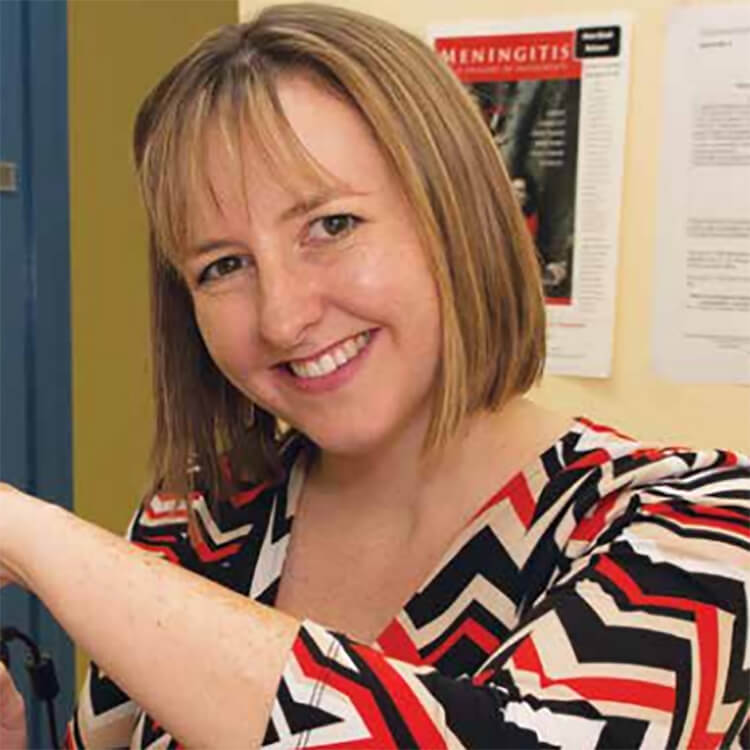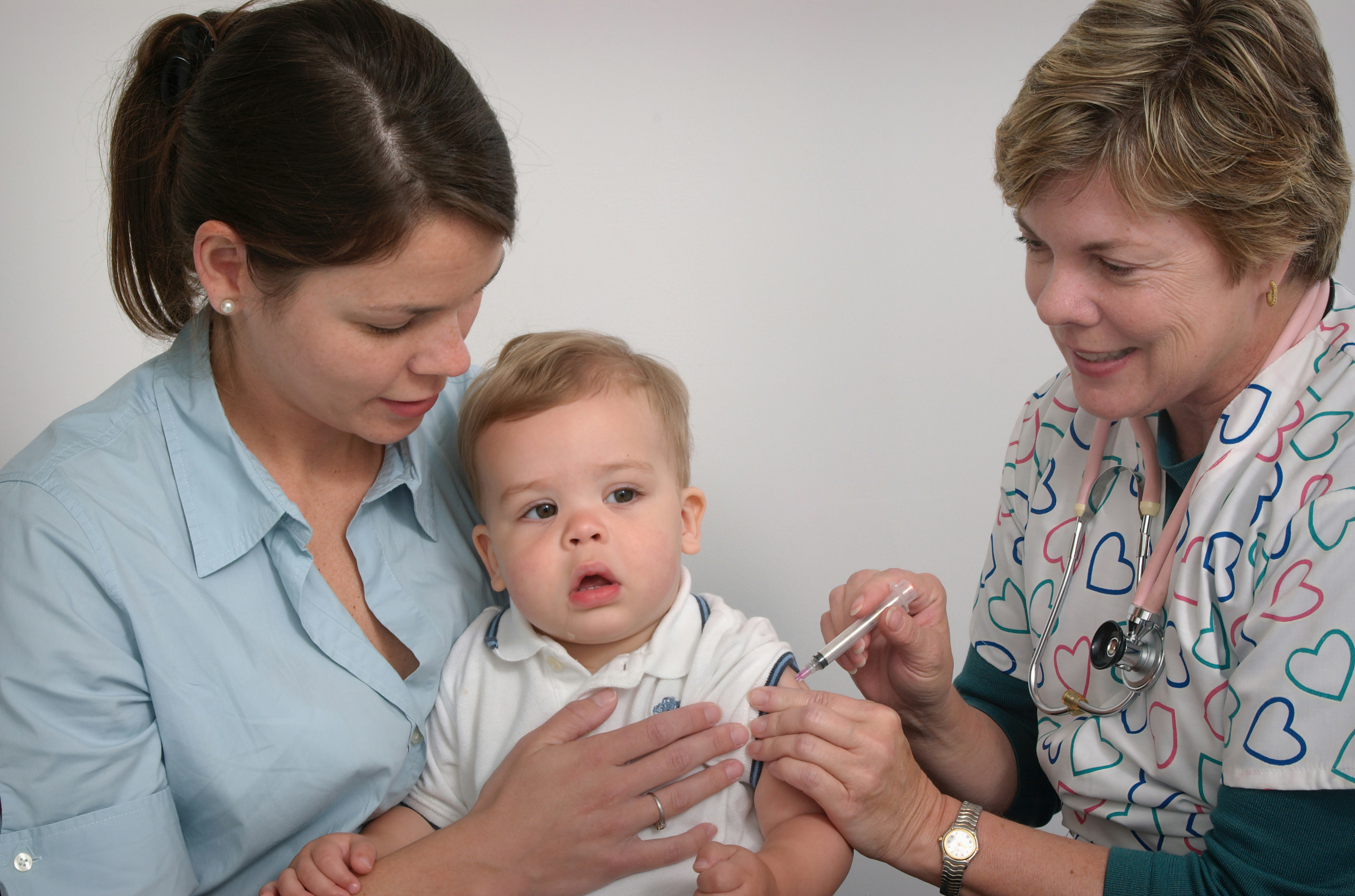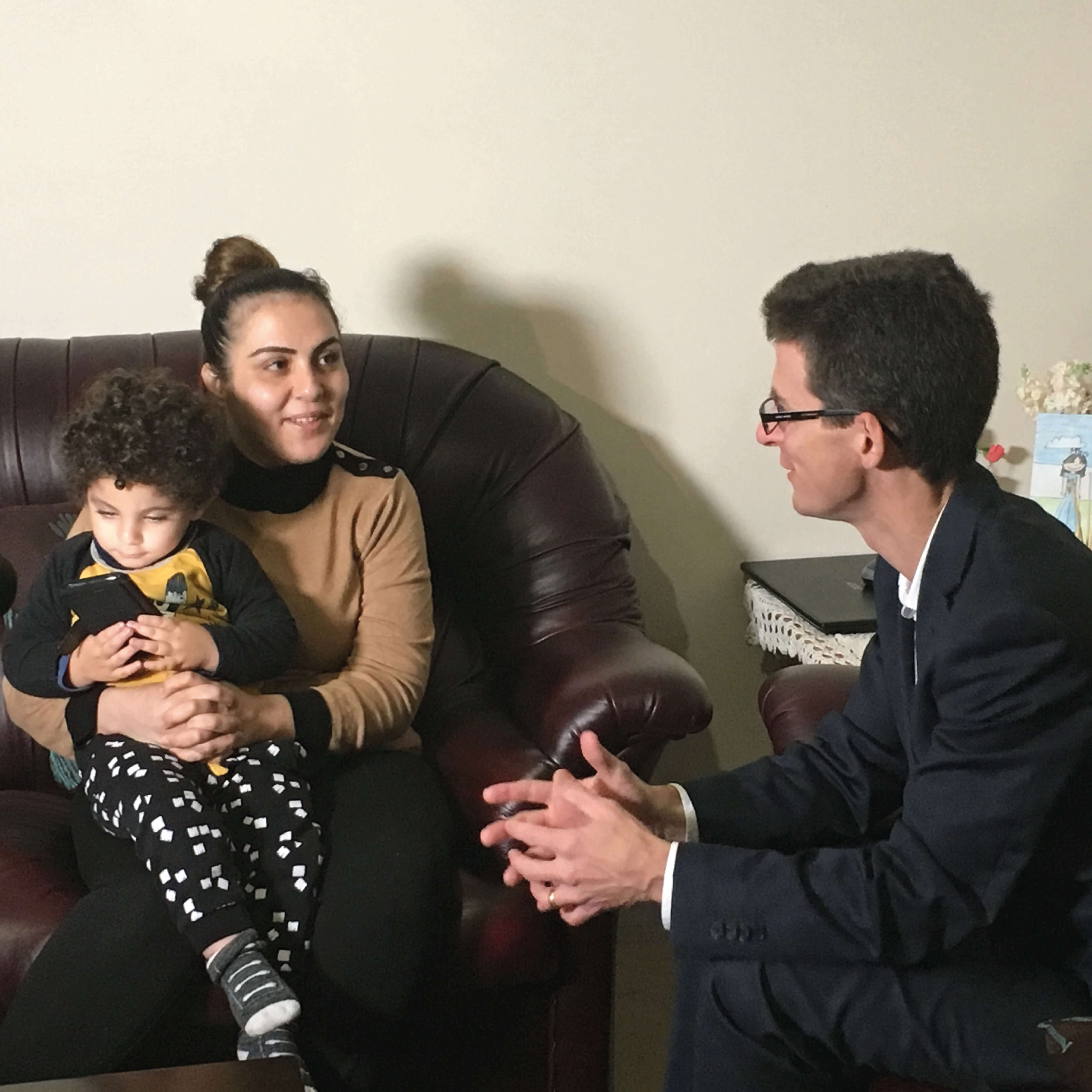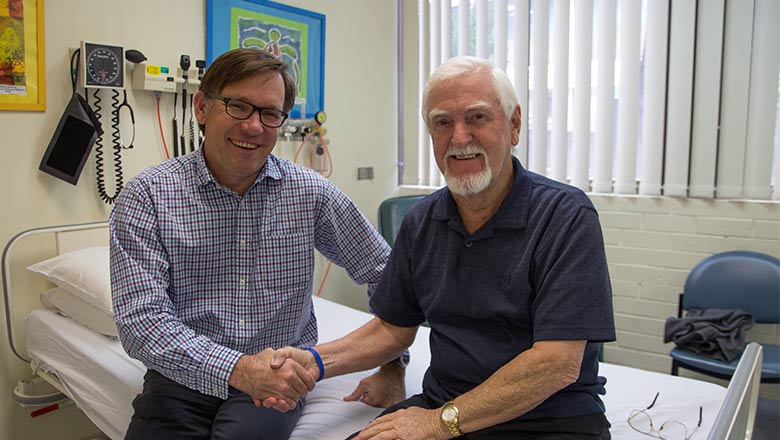Search
Research
HPV prevalence in Canberra high school students: significance for vaccination strategies and adolescent healthHPV prevalence in Canberra high school students: significance for vaccination strategies and adolescent health.
Research
A comparison of booster immunisation with a combination DTPa-IPV vaccine or DTPa plus IPV in separate injections when co-administered with MMRThis study evaluated GSK's combined DTPa-IPV vaccine (Infanrix-IPV) given as a fifth consecutive acellular pertussis booster dose in conjunction...
Research
Immunogenicity and boosting following a reduced number of doses of a Pneumococcal Conjugate Vaccine in infants and toddlersThe minimum number of doses of pneumococcal conjugate vaccine required for protection is not known. We studied the immunogenicity of a reduced schedule in...



News & Events
The Kids researchers help quantify global impact of life-saving vaccinesResearchers at The Kids Research Institute Australia have helped map the global impact of life saving vaccines to mark the 50-year anniversary of the Expanded Programme on Immunisation (EPI).

News & Events
WA parents oblivious to true danger of the fluPerth parents are underestimating the serious consequences of the flu, with only 19 per cent of children under five years of age currently immunized against the virus ahead of the peak winter flu season.

News & Events
The Kids Research Institute Australia researchers share in TPCHRF fundingEight The Kids Research Institute Australia researchers are among those who have received grant funding from the Telethon-Perth Children’s Hospital Research Fund (TPCHRF).

News & Events
Vaccine trial aims to curb ‘superbug’Sarah Le Roi knows well how debilitating Clostridium difficile infection (CDI) can be. She was struck down with the 'superbug' while on holiday in the US.
News & Events
Wesfarmers Centre of Vaccine and Infectious Diseases Research Seminar Series 2014Wesfarmers Centre of Vaccine and Infectious Diseases Research Seminar Series 2014.Genetic and functional studies of leishmaniasis: understanding the role of HLA
